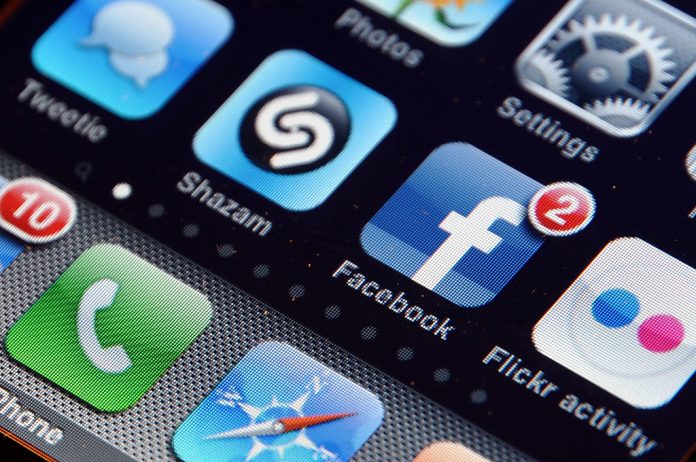
After a weekend of rumors, Apple spokespeople confirmed to several media sources that they had entered an agreement with Shazam to acquire their core app business. No amount was disclosed, but people close to the deal say that they closed for approximately $400 million.
The acquisition comes as Apple’s second largest move within the music industry, following the buyout of Beats a couple of years ago for a stunning $3 billion. Shazam was once worth at least a third of that, but its valuation has plunged in recent years.
Experts suggest that the deal with Cupertino responds to several industry trends, as well as a further opportunity for Apple to keep expanding its music business. New products by the tech giant focus on music experiences and the music detection app can help them enhance their strategy moving forward.
Siri, what's that song?
Apple buys Shazam: https://t.co/Fvf8r2mIsL pic.twitter.com/YC8iPPs2jd
— CNN (@CNN) December 11, 2017
Shazam and Siri will probably become good friends
Right now, Siri plays nice with Shazam as it supports integration with the app, but music discovery is not a native feature of Apple’s virtual assistant. Hoping to add one more skill to the iconic AI, the company might be seeking deeper integration between the two services.
A symbiotic relationship at that level might have Shazam disappear as a standalone application, at least on Apple devices. It might become a core part of the experience on iPhone, iPad, and even Mac computers that support Siri. It could be as easy as asking Siri to Shazam a song to identify it if the firm is keen on keeping the name.
However, it could also lead to interesting and cool features that we can already see on other devices. For instance, users particularly liked the Google Pixel 2’s always listening technology, which is constantly listening to the surroundings in search of new songs and music. The song it detects appears by name and artist on the lock screen of the phone.
Shazam will help Apple users discover music on more devices
Most likely, though, Apple’s move also intends to exploit the potential of their latest breed of devices focused on music, especially the AirPods and the new HomePod smart hub.
Both of these pieces of hardware have music at the core of their user experience, with one being literally a pair of wireless headphones and the other being an Amazon Echo competitor with Siri instead of Alexa.
The first generation of AirPods was groundbreaking in terms of wireless performance, so it wouldn’t be crazy to think that they could detect and identify music wirelessly too in the future. On the other hand, a software-lacking HomePod could benefit from Shazam as a trick in spite of its low portability.
Source: TechCrunch










